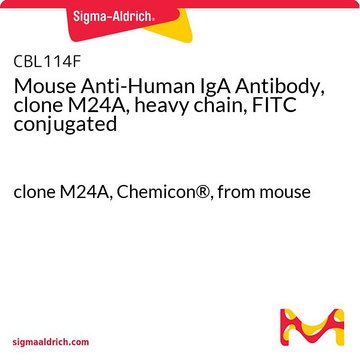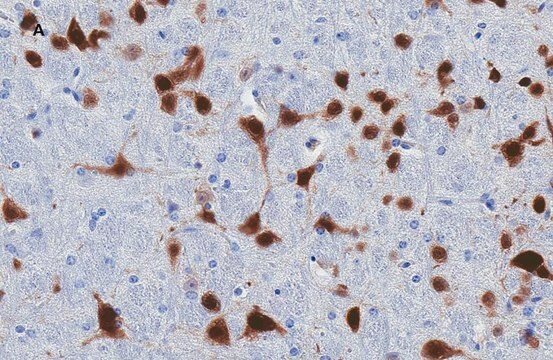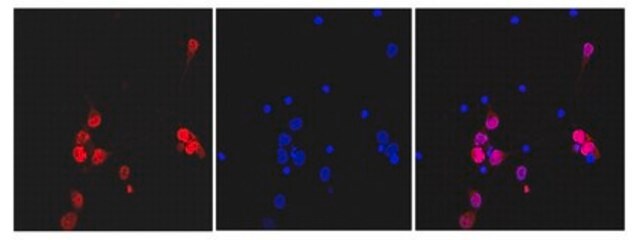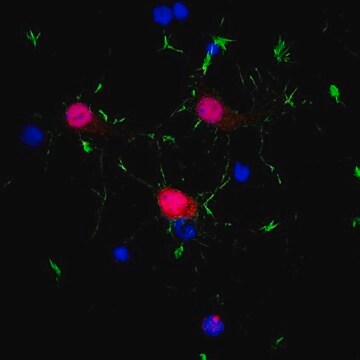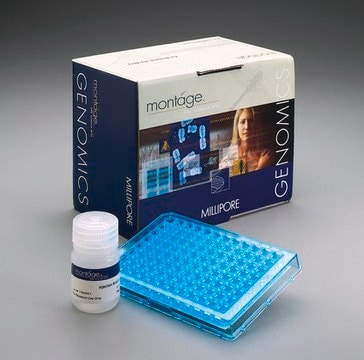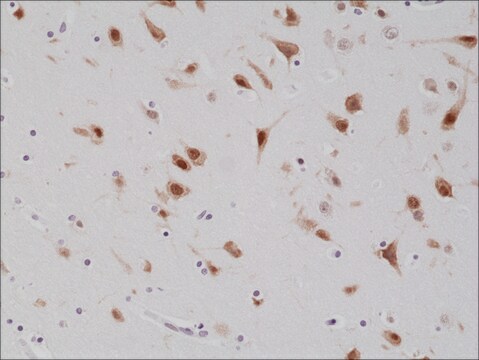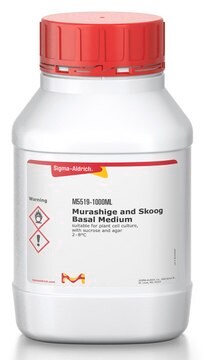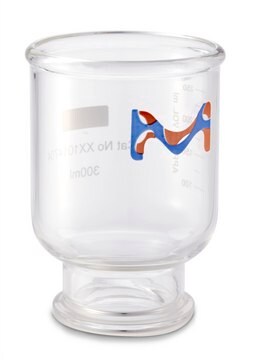MABE159
Anti-Fox1 Antibody, clone D8F8
clone D8F8, from mouse
Synonyme(s) :
hexaribonucleotide binding protein 1, Ataxin-2-binding protein 1, ataxin 2-binding protein 1, Hexaribonucleotide-binding protein 1, fox-1 homolog A
About This Item
Produits recommandés
Source biologique
mouse
Niveau de qualité
Forme d'anticorps
purified antibody
Type de produit anticorps
primary antibodies
Clone
D8F8, monoclonal
Espèces réactives
mouse
Technique(s)
western blot: suitable
Isotype
IgG1κ
Numéro d'accès NCBI
Numéro d'accès UniProt
Conditions d'expédition
wet ice
Modification post-traductionnelle de la cible
unmodified
Informations sur le gène
mouse ... Rbfox3(52897)
Description générale
Immunogène
Application
Epigenetics & Nuclear Function
RNA Metabolism & Binding Proteins
Qualité
Western Blot Analysis: 0.5 µg/mL of this antibody detected Fox1 on 10 µg of mouse heart tissue lysate.
Description de la cible
Forme physique
Stockage et stabilité
Remarque sur l'analyse
Mouse heart tissue lysate
Autres remarques
Clause de non-responsabilité
Vous ne trouvez pas le bon produit ?
Essayez notre Outil de sélection de produits.
Code de la classe de stockage
12 - Non Combustible Liquids
Classe de danger pour l'eau (WGK)
WGK 2
Point d'éclair (°F)
Not applicable
Point d'éclair (°C)
Not applicable
Certificats d'analyse (COA)
Recherchez un Certificats d'analyse (COA) en saisissant le numéro de lot du produit. Les numéros de lot figurent sur l'étiquette du produit après les mots "Lot" ou "Batch".
Déjà en possession de ce produit ?
Retrouvez la documentation relative aux produits que vous avez récemment achetés dans la Bibliothèque de documents.
Notre équipe de scientifiques dispose d'une expérience dans tous les secteurs de la recherche, notamment en sciences de la vie, science des matériaux, synthèse chimique, chromatographie, analyse et dans de nombreux autres domaines..
Contacter notre Service technique